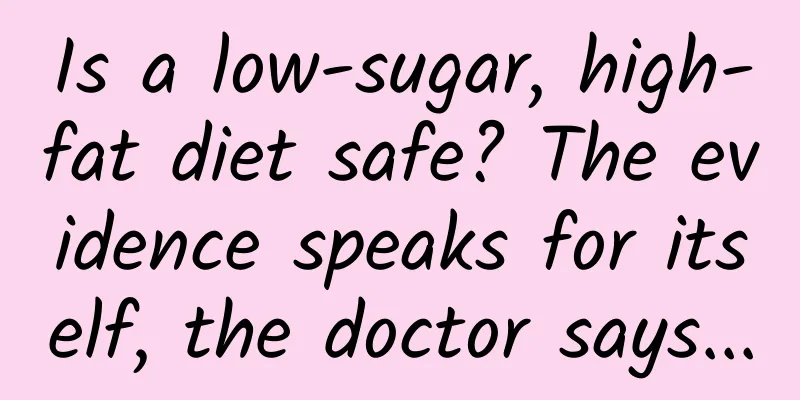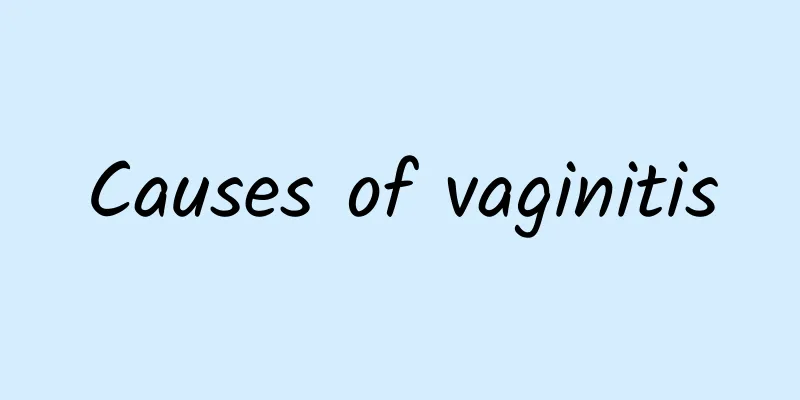Is a low-sugar, high-fat diet safe? The evidence speaks for itself, the doctor says...

|
A review article on low sugar and high fat was published in the February issue of the British Journal of Sports Medicine (part of the BMJ journal system). This article systematically reviews the existing scientific research on low-sugar, high-fat diets, from the definition, clinical advantages and disadvantages, to possible concerns. (Situational picture/provided) definition In dietary recommendations, the calorie sources of macronutrients are divided into three categories: carbohydrates (hereinafter referred to as sugars), fats (hereinafter referred to as fats) and proteins. This article classifies diets based on the ratio of calories from carbohydrates to fats, which can be divided into the following categories: 1. The carbohydrate ratio of a general diet is approximately between 26% and 45%. 2. Low-sugar, high-fat diet, carbohydrates account for less than 26% or daily sugar intake is less than 130 grams 3. Very low-sugar, high-fat diet (ketogenic diet), with a total carbohydrate content of 20-50 grams or less than 10% 4. High-sugar, low-fat diet, carbohydrates between 45~65%. In the "American Dietary Recommendations", the carbohydrate content is between 45% and 65%, which is a high-sugar, low-fat diet. Food sources A low-sugar, high-fat diet does not mean a diet high in meat and fish. The low-sugar, high-fat diet is just one of a large category of diets, which can be further divided into Atkins, Banting, Paleo, South Beach, etc. The list of safe foods is different for each diet. However, the low-sugar and high-fat diet mainly includes unprocessed, unrefined foods, such as green vegetables, nuts, eggs, milk, unprocessed red meat, poultry, etc. A low-carb diet does not mean a complete lack of carbohydrate intake. On the contrary, a low-carb, high-fat diet still recommends the intake of non-starchy carbohydrates, including green vegetables, cruciferous vegetables, etc. What is more interesting is that due to the special mechanism of the low-sugar diet, in the same experiment, even if the total calorie intake is restricted, the low-sugar diet is often lower than the low-fat diet. (Situational picture/provided) Effects on health vs. effects on weight All experiments conducted within a year have shown that a low-sugar diet is just as effective in reducing weight as other diets. Some studies have even shown that a low-sugar diet is more effective than a low-fat diet in reducing weight. However, when the subjects resumed their sugar intake, they tended to gain weight again. The benefits to body weight may come from the reduction in total calorie intake brought about by a low-sugar diet, as well as the benefits of reduced insulin secretion and ketone body production. Effects on patients with type 2 diabetes In terms of weight and blood sugar control in patients with type 2 diabetes, studies ranging from three months to one year have shown that a low-carb diet can reduce more weight and lower glycated hemoglobin by a greater amount. The benefits for blood sugar control may come from the reduction in total calorie intake brought about by a low-sugar diet, as well as the benefits of reduced insulin secretion and ketone body production. Effects on cardiovascular risk factors Although a low-sugar diet will relatively consume more fat, it will not bring about changes in high blood lipids. Instead, it can reduce triglycerides and increase high-density cholesterol (good cholesterol). However, the effects of a low-carb diet on LDL cholesterol (bad cholesterol) are very polarized. Some studies have found that a low-carb diet will increase LDL cholesterol, while others have found that it will reduce it. Misconceptions about low-sugar diets
Many arguments against a low-carb diet are based on the production of ketone bodies, which can lead to ketoacidosis. However, the ketone body concentration in the blood produced by a low-sugar diet and a ketogenic diet is about 1~8mmol/L, while in general ketoacidosis events, the ketone body concentration is above 25mmol/L and is accompanied by acidosis. The ketone bodies produced by the diet do not cause typical ketoacidosis, but are helpful to the body. It is currently known that ketone bodies are helpful for cancer, acne, polycystic ovary, Alzheimer's disease, etc.
In the 1970s, Ancel Keys' Seven Country Study linked excessive saturated fat intake to cardiovascular disease. However, subsequent studies did not confirm this association, but instead there was counter-example suggesting that increased fat intake can reduce stroke risk. Currently, only processed meats (such as sausages and hot dogs) have been found to be directly associated with colorectal cancer, and red meat intake below moderate levels has not been proven to be related to cardiovascular disease. (Situational picture/provided) As for protein intake, a low-sugar, high-fat diet does not mean that protein intake will increase. At the same time, it has not been found that the increased protein intake brought about by a low-sugar diet will have any health effects on people with normal kidney function. However, people who already have kidney disease should still pay attention to their protein intake. If diabetic patients want to follow a low-sugar, high-fat diet, it is best to first understand whether they have any problems with kidney function.
A low-sugar diet can cause side effects such as headaches, fatigue, and muscle cramps. However, these symptoms only occur in the early stages of a low-sugar diet, and will gradually improve afterwards. You can prevent the occurrence of symptoms by supplementing with more salt. In addition, a low-sugar diet may lead to greater water loss, and attention must be paid to water replenishment.
The biggest problem with all healthy diets is actually maintaining them for a longer period of time. If people on a low-sugar diet increase their sugar intake, they will still experience problems with weight and blood sugar control. There is no evidence that a low-carb diet is any harder to maintain over the long term than other healthy eating methods. Summarize A low-sugar, high-fat diet is actually a safe diet after being taught. Compared to other healthy eating methods, low-sugar diets have equivalent benefits for weight, diabetes control, and cardiovascular risk markers, and may even have better effects. But like any diet, a certain percentage of people on a low-sugar diet will not be able to maintain the diet long term and will lose the benefits of the diet. This article comes from: Dr. Xiao Huang's random notes ※For more information, please see "Dr. Huang's Random Notes" |
Recommend
Drink carrot and apple juice for breakfast to boost immunity and lose weight
Eating a good breakfast can not only make you ful...
If you have adnexitis, you may feel a sense of heaviness in the lower abdomen.
If you have adnexitis, you may feel a distended f...
Reasonable nourishment should be carried out after abortion
Abortion causes great trauma to the human body. I...
What should I do if I continue to bleed after a miscarriage? How long will the bleeding last?
Many women will have symptoms of persistent vagin...
What are the types of multiple uterine fibroids?
Clinically, the incidence of multiple uterine fib...
Symptoms and characteristics of ovarian cysts in adolescent girls
The ovaries are an important part of the female r...
Specific analysis of the common causes of vulvar leukoplakia
The disease of vulvar leukoplakia has brought gre...
What are the symptoms of ovarian cysts in women
Ovarian cysts are the most common and frequent di...
What are the hazards of cervicitis in women? Women must know the 4 major hazards of cervicitis
If cervicitis is not treated in time, it will cau...
What are the pitfalls of misusing drugs for bacterial vaginosis?
Since the vagina is an open system, the treatment...
How to treat pelvic inflammatory disease in women
How is pelvic inflammatory disease treated in wom...
Analysis of the abdominal breathing method that effectively relieves primary dysmenorrhea
Abdominal breathing is one of the more common met...
How to prevent vulvar leukoplakia
Vulvar leukoplakia is a common gynecological dise...
How to prevent irregular menstruation in women? Remember the reasons for irregular menstruation in women
Female friends will feel uncomfortable for a few ...
Can’t get rid of annoying extra fat? Drinking black coffee accelerates fat burning
[Key Points]: Coffee helps with weight loss. The ...









